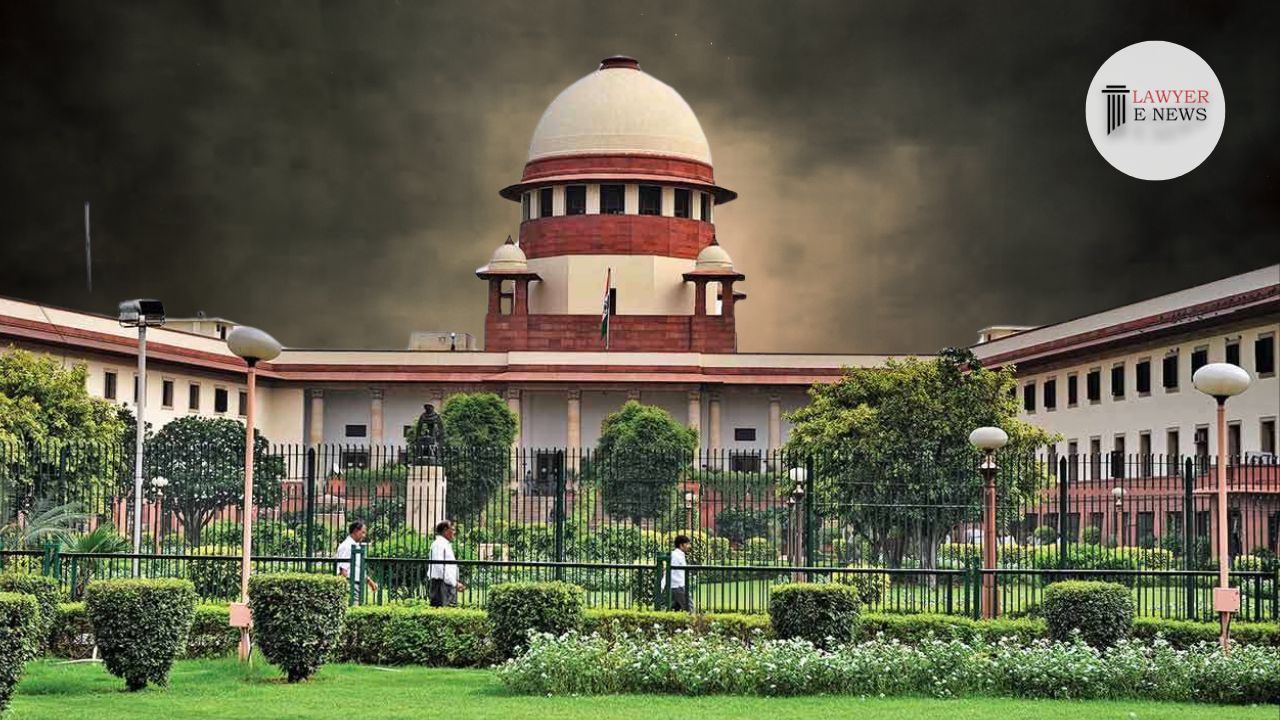-
by Admin
15 February 2026 5:01 PM



In a significant ruling, the Supreme Court of India set aside the conviction of Kumar @ Shiva Kumar, the appellant, accused under Section 306 of the Indian Penal Code for abetment of suicide. The bench comprising Justices Bela M. Trivedi and Ujjal Bhuyan delivered the judgment on March 1, 2024, in Criminal Appeal No. 1427 of 2011.
The court's decision hinged on the crucial legal question of whether the evidence on record was sufficient to substantiate the charge of abetment to suicide under Section 306 of IPC.
The appellant, earlier residing in the deceased's house, was accused of harassing and threatening her, leading to her consuming poison. The deceased, a B.Com student, had reportedly faced continuous threats and harassment from the appellant, culminating in her death on July 6, 2000. The case primarily rested on the testimonies of the deceased's family members and the forensic evidence of organophosphate poisoning.
The court observed substantial inconsistencies in the prosecution witnesses' testimonies, particularly regarding the presence of the appellant and his alleged threats. The court highlighted discrepancies in statements by the deceased’s family members, raising questions over their reliability.
The Supreme Court extensively reviewed legal interpretations of 'abetment,' emphasizing the necessity for active instigation or assistance in the act of suicide. The court referred to several precedents, underscoring that mere allegations of harassment could not conclusively prove abetment.
The judgment critically analyzed the role of forensic evidence, noting the absence of crucial evidence, such as the recovery of the poison or the container, and the delayed chemical analysis report.
Considering the evidence and legal precedents, the Court found the charges under Section 306 IPC against the appellant unsustainable. The inconsistencies in testimonies, the circumstantial nature of evidence, and the failure to establish a direct link between the appellant's actions and the deceased’s suicide led to the acquittal.
The appellant's conviction by the lower courts was thus set aside, and his bail bonds were discharged.
Date of Decision: March 1, 2024
Kumar @ Shiva Kumar vs. State of Karnataka
